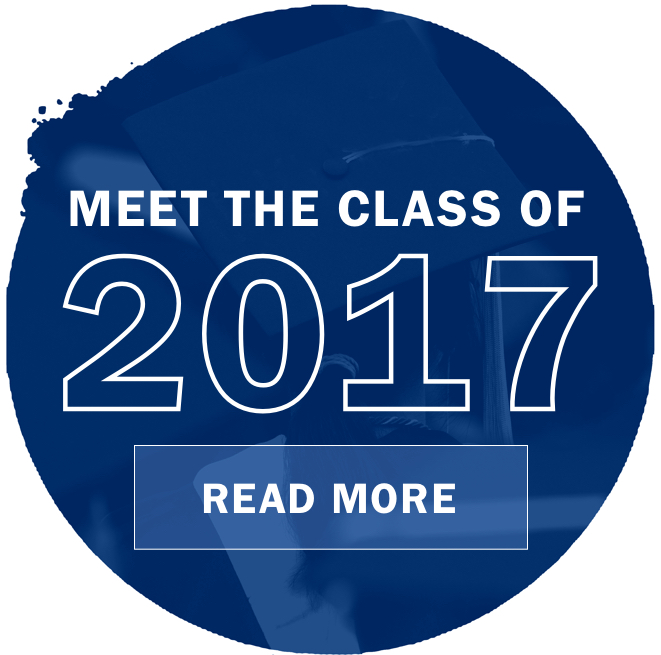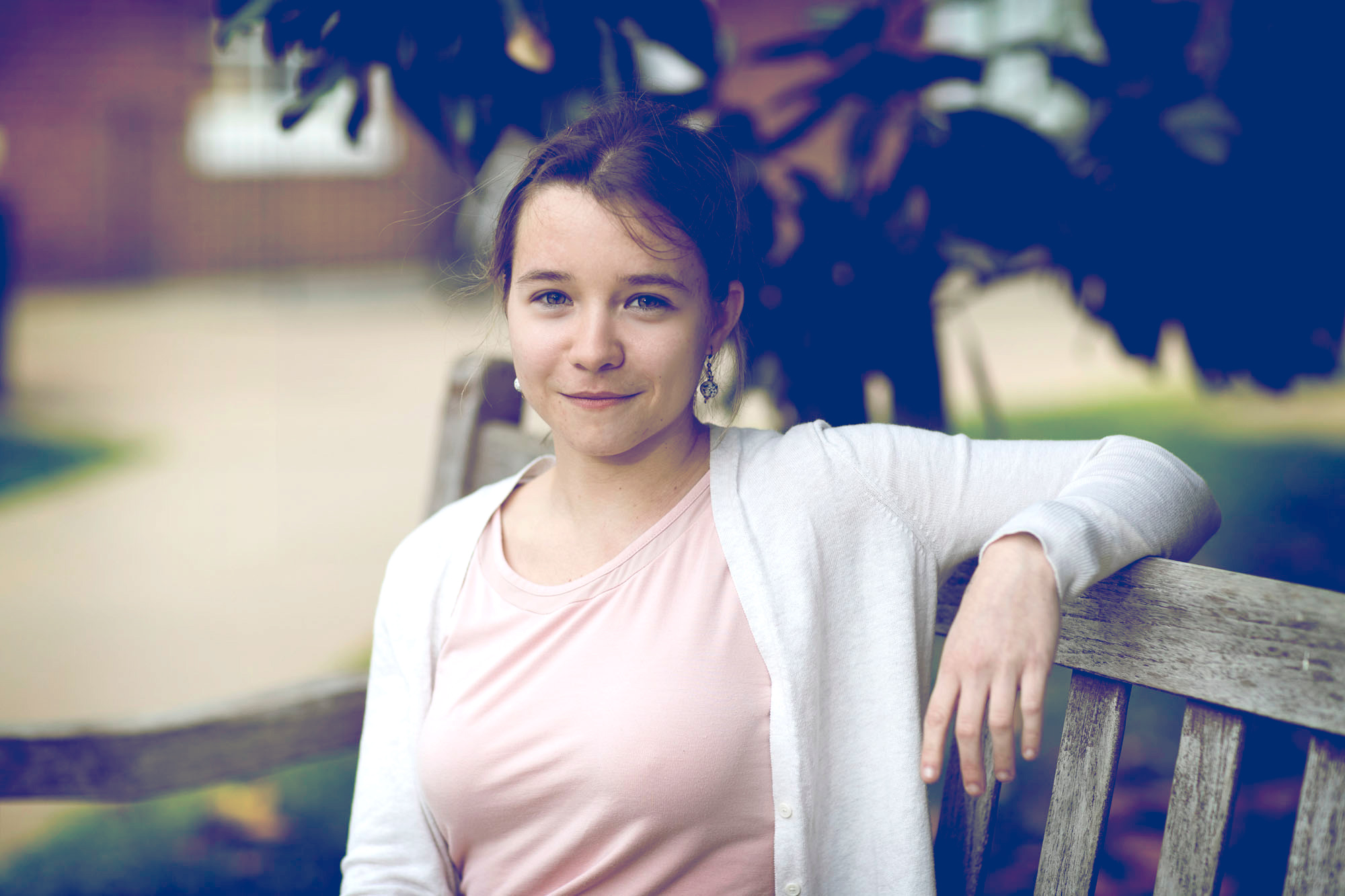Katya Gilbo has a passion for studying physics “to understand the forces and events surrounding and influencing our lives.” The Russia native will graduate from the University of Virginia next month with a bachelor’s degree in physics, which she says has empowered her to apply physics to clinical problems in medical imaging.
She also hopes to “change the reputation of physics as an inaccessible, unfriendly or esoteric science.” During her four years on Grounds, she has volunteered as a demonstrator at the physics department’s annual National Physics Day Show, which seeks to create fun evenings of science for kids and their families. Gilbo, an active member of UVA’s Astronomy Club and the Women in Physics group, has conducted meaningful tumor imaging research with scientists in the UVA physics department and physicians at UVA’s Emily Couric Cancer Center.

“Katya has a truly remarkable work ethic,” physics professor Olivier Pfister said. “Not only does she spend the time and effort needed to do complicated work, she strives for understanding in a way I have never seen in an undergraduate student. And once she is done working on something, not only is no stone left unturned, you can also trust she has the whole topography assimilated. Her superior intellect, sharp lucidity, and drive to get to the bottom of any problem are going to make her a special researcher.”
UVA Today spoke with Gilbo about her work and goals.
Q. Many people consider physics to be a difficult discipline. They might even avoid it. What are the wonders of physics that drew you to study it intently?
A. Physics has been extremely difficult and worthwhile to me. Initially, I liked physics because of how fun it was to play with the phenomena surrounding us. As Neil deGrasse Tyson [an astrophysicist and science popularizer] says, “Kids are born scientists.” My dad fueled my curiosity as I was growing up with “science projects,” like putting cell phones underwater to study waves, or distilling Coca-Cola.
What has led me to study physics intently, though, is the wonder that we can explain complex things starting from fundamental ideas – like using Maxwell’s four equations to calculate something so complicatedas the speed of neural signals in a brain. So in a way, physics is extremely hard for me, but at the same time, it’s really nature that is so challenging to understand, and physics is what helps deconstruct complex natural phenomena using its basic laws. People call this “the elegance of physics,” and its ability to simplify and to unify the universe continues to blow my mind.
Q. What might non-science majors gain from taking a closer look at physics, even if from popular science books or videos?
A. You can escape the limitations of your senses! Books and movies are great, and because groups like Astro Club are entirely open and free, you can experience pop-sci hands-on.
Do you know that you can improve your eyes 40,000 times using UVA’s Fan Mountain Observatory telescope during an open house event? You can also time travel by looking at the Andromeda galaxy 2.5 million light years away (and hence 2.5 million light years ago). Science is like poetry or creative writing; you don’t have to be a published author or fit a stereotype to enjoy doing it.
Q. What role does physics play in the everyday lives of people who might not even think about it most days?
A. Before we’re even born, our existence is verified using sound waves moving through the watery space of our mothers, bouncing softly off of us, and relaying echoes of information back to the doctor. The ultrasound scans performed every day require a tremendous amount of electrical engineering, physics, and technical ingenuity and skill. The more I learn about it, the more interesting it becomes.

Q. Please tell us about the research you conducted while at UVA.
A. When patients are treated for cancer by gamma irradiation, it is difficult to image the tumor during treatment and to monitor the radiation dose. So in order to ensure a full irradiation of the tumor, medical physicists must irradiate not only the tumor, but also a volume around the tumor to prevent its regrowth, which harms the surrounding healthy tissue.
This is why UVA researchers Dr. Nilanga Liyanage and Dr. Krishni Wijesooriya are working on a new medical imaging method that would allow us to image the tumor during treatment to increase the accuracy in targeting the tumor and decreasing damage to the surrounding healthy tissues. I have been fortunate to work under these two professors to learn how we can apply physics to improve the quality of life for people.
Q. You have served as a volunteer at the annual National Physics Day Show, which is geared to making physics interesting and understandable to the public, especially schoolchildren. Why do you feel it’s important to present science to the public?
A. Nature is stuffed to the brim with dramatic processes, and we humans aren’t bystanders. Since the earliest days of human history, we’ve engaged with dramatic natural processes to understand not only the forces within our lives, but also what our place is in the vast universe here on Earth. And the applications of physics are, of course, crucial to improving the global quality of life.
Fortunately, the UVA physics department has both the physics-loving people and the resources to prioritize inclusivity and access to science through things like the demo shows.
Q. What do you plan to do after graduation?
A. My astrophysics friends convinced me to go to the darkest national park in the lower 48 states for a week in Texas, and then I am looking forward to studying and pursuing medical imaging research through UVA’s biomedical engineering graduate program this coming fall.
(Editor’s note: This is one of a series of profiles of members of the University of Virginia’s Class of 2017.)
Media Contact
Article Information
April 20, 2017
/content/class-2017-physics-allowed-her-peer-under-hood-natures-processes

